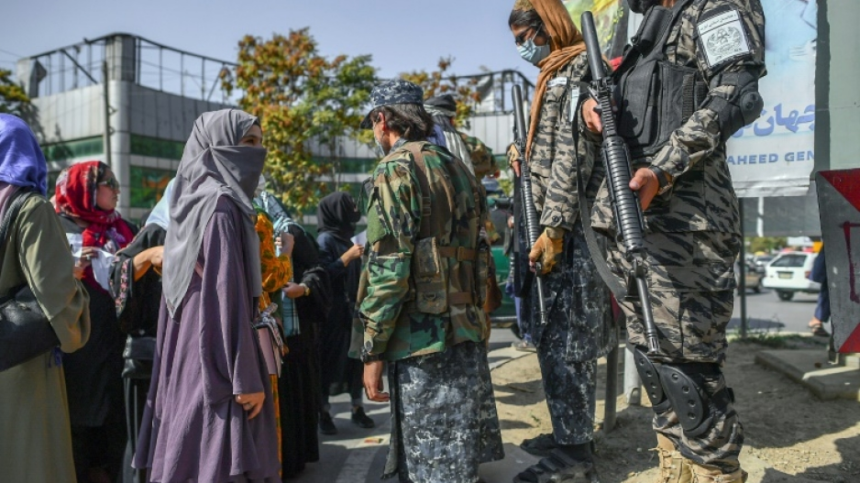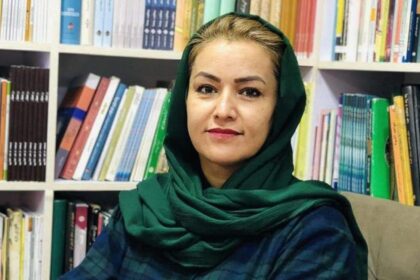RASC News Agency: In a scathing report presented to the 59th session of the United Nations Human Rights Council, Richard Bennett, the UN Special Rapporteur on the situation of human rights in Afghanistan, delivered a damning indictment of the Taliban’s brutal governance. His latest findings reveal that justice in Taliban-controlled Afghanistan has been utterly dismantled and repurposed as a tool of ideological domination, particularly to target and silence women and girls. The report, released on Monday, describes Afghanistan under Taliban rule as confronting a profound and institutionalized human rights crisis. Bennett asserts that no demographic has been more severely harmed than women and girls, who have been systematically erased from public life through sweeping restrictions on their most fundamental freedoms.
According to Bennett, the Taliban have stripped Afghanistani women and girls of their rights to education, employment, mobility, healthcare, and freedom of expression rights once enshrined under international law and recognized by previous Afghanistan’s governments. “These are not isolated abuses,” he noted. “They are part of a deliberate, state-orchestrated project of oppression that amounts to a form of gender apartheid.” The Special Rapporteur warns that the situation has now crossed a legal and moral threshold. “The Taliban’s treatment of women and girls does not merely violate human rights it bears all the hallmarks of crimes against humanity,” Bennett declared.
Since seizing power in August 2021, the Taliban have dismantled Afghanistan’s independent legal institutions, abolishing courts, suspending constitutional protections, and replacing them with a shadow judiciary loyal only to the group’s radical clerical leadership. What remains of the justice system now functions primarily as an apparatus of fear, used to enforce obedience, eliminate dissent, and institutionalize misogyny. Far from reforming the legal framework, Bennett said the Taliban have weaponized it. “Under the false pretext of implementing Sharia, the Taliban have established a system of control that is both draconian and arbitrary one that punishes women not for wrongdoing, but for simply existing in public.”
The report also highlights widespread internal and international skepticism toward the Taliban’s religious justifications. Many Islamic scholars have rejected the group’s extreme interpretation of Sharia as un-Islamic, describing it as a deliberate distortion used to maintain patriarchal dominance rather than uphold moral or spiritual justice. One of the most chilling elements of Bennett’s findings is the way the Taliban manipulate religious rhetoric to legitimize the subjugation of women. Their repeated claim that they are “protecting the dignity and honor of women,” Bennett says, is nothing more than a calculated propaganda tool designed to mask systematic oppression. In practice, this “protection” has translated into the total exclusion of women from governance, civil society, education, and the workforce.
“Justice in today’s Afghanistan is not about fairness, equity, or legal integrity,” the report states. “It is a regime-controlled mechanism to entrench political power and perpetuate fear.” The United Nations report calls on the international community to abandon appeasement and apply meaningful pressure including targeted sanctions, travel bans, and legal accountability mechanisms against Taliban leaders directly responsible for implementing policies of gender-based persecution and institutionalized repression. This latest warning from the United Nations is not only a plea on behalf of Afghanistan’s silenced millions it is a call to action to defend universal human rights from ideological tyranny. With every passing day, the Taliban’s war on justice grows more aggressive, and the consequences for the country’s women, its youth, and its future become more dire.






